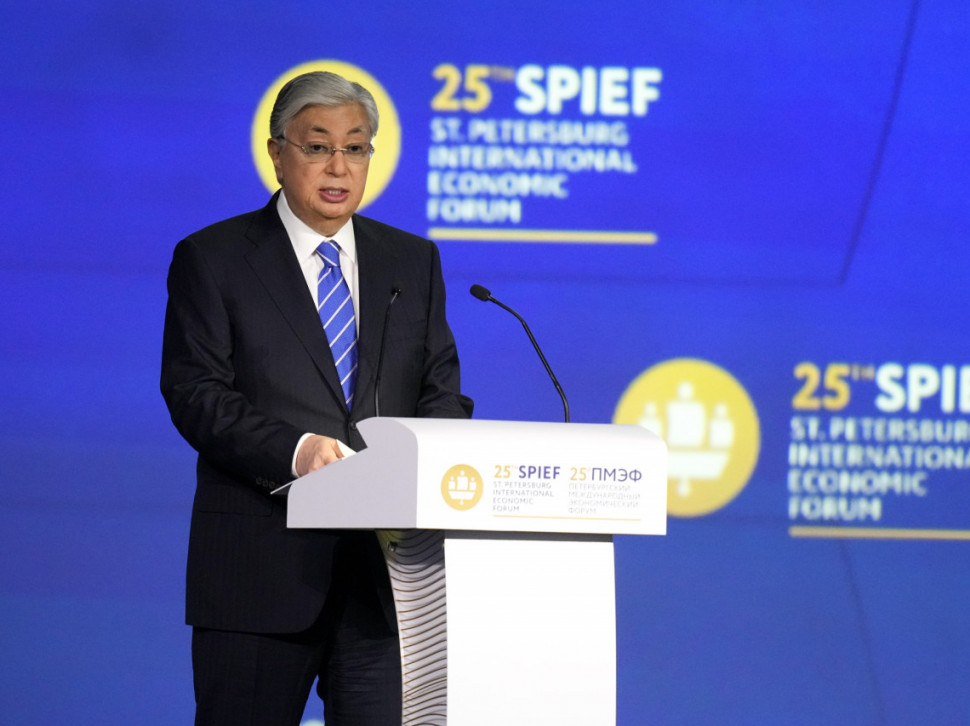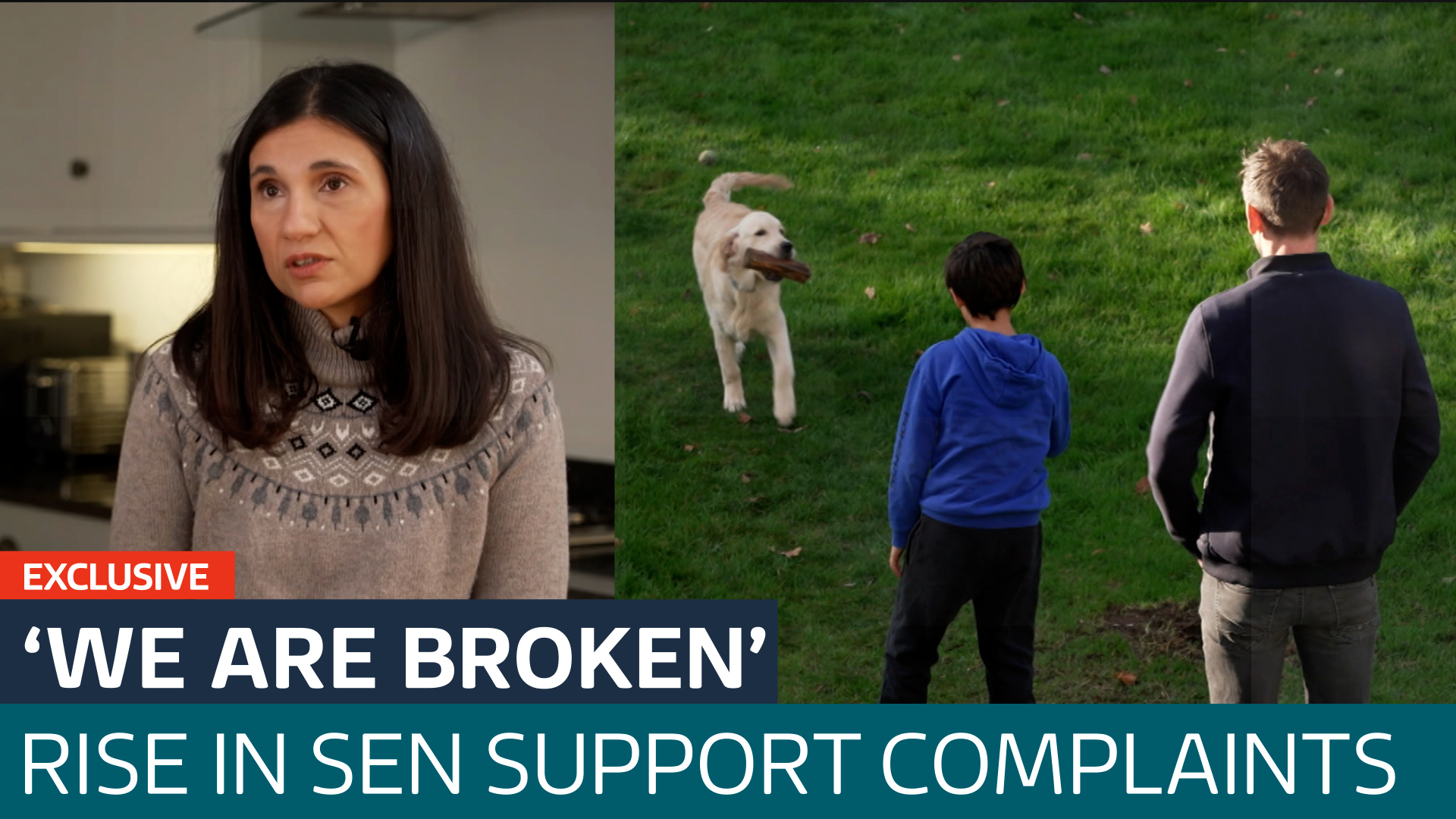Analyzing The Political Landscape: Clinton's Budget Vetoes And Their Impact

Table of Contents
The Context of Clinton's Budget Vetoes
The 1990s presented a complex political climate heavily influencing Clinton's budget decisions. The era was characterized by a divided government, with Republicans controlling Congress for much of Clinton's presidency. This partisan gridlock often led to intense budget negotiations and significant disagreements over fiscal policy. The prevailing economic conditions of the time also played a crucial role. Concerns about the growing national debt and the need for deficit reduction were paramount. These concerns fueled debates about the best approach: should the focus be on spending cuts, tax increases, or a combination of both? Key players involved in these tense budget negotiations included Clinton himself, Republican leadership in Congress (particularly House Speaker Newt Gingrich), and various congressional committees responsible for budgetary matters.
- Increased polarization between Democrats and Republicans: Ideological divisions intensified, making compromise exceedingly difficult.
- Growing national debt and concerns about fiscal responsibility: The escalating national debt became a major political issue, demanding urgent attention.
- Differing approaches to deficit reduction: Democrats and Republicans held fundamentally different views on the best way to reduce the deficit, leading to frequent clashes.
Key Examples of Clinton's Budget Vetoes
Clinton employed his veto power extensively to shape budget legislation. Examining specific instances reveals the political dynamics and consequences of his actions. While the exact number of budget-related vetoes varies depending on the definition, several stand out for their significance. These vetoes were not simply about numbers; they represented ideological battles over the size and scope of government.
- Veto of the Republican budget in 1995: This veto, following a government shutdown, highlighted the deep divisions between Clinton and the Republican-controlled Congress over spending priorities. Clinton argued that the Republican budget cut essential social programs too drastically. The political fallout was substantial, impacting public opinion and influencing future negotiations.
- Veto of the "Contract with America" related bills: The "Contract with America" represented a Republican agenda for significant government restructuring. Clinton vetoed several bills stemming from this contract, often citing concerns about the impact on the poor and middle class. This led to significant political conflict and further entrenched partisan divisions.
- Analysis of the overall success/failure rate of Clinton's vetoes: While not all of Clinton's vetoes were successful in preventing the passage of legislation (Congress could sometimes override a veto with a supermajority), many significantly altered the final versions of the bills, reflecting his influence.
The Long-Term Impact of Clinton's Budget Decisions
Clinton's fiscal policies and his use of budget vetoes had a lasting impact on the US economy and the political landscape. The strategic use of the veto power, combined with other economic policies, contributed significantly to the balanced budget achieved in the late 1990s. This success had long-term implications for debt reduction strategies and shaped subsequent presidential approaches to budgeting.
- Contribution to the balanced budget in the late 1990s: This achievement marked a turning point in American fiscal policy and significantly reduced the national debt.
- Impact on long-term debt reduction strategies: Clinton's emphasis on fiscal responsibility set a precedent for future administrations, though the debate over the ideal balance between deficit reduction and social spending remains active.
- Influence on subsequent presidents' budget negotiations: The precedents established by Clinton's budget vetoes continue to influence how presidents and Congress engage in budget negotiations.
- The ongoing debate over the balance between fiscal responsibility and social spending: Clinton's actions ignited a debate that continues today, highlighting the inherent tension between these competing priorities.
Conclusion
Analyzing Clinton's budget vetoes reveals a critical period in American political history. His strategic use of the veto power, influenced by the political climate of the 1990s and the economic challenges of the time, profoundly shaped fiscal policy and the nature of partisan politics. His decisions played a significant role in the eventual balanced budget of the late 1990s, impacting long-term debt reduction strategies and influencing subsequent administrations' approaches to budgeting. Further research into Clinton's budget vetoes and their impact is encouraged to gain a deeper understanding of this crucial period in American political history. Understanding Clinton's budget vetoes offers valuable insights into the complexities of American fiscal policy and the ongoing debate surrounding budget priorities.

Featured Posts
-
 Vanja Mijatovic Promena Imena Detalji I Reakcije
May 23, 2025
Vanja Mijatovic Promena Imena Detalji I Reakcije
May 23, 2025 -
 Ooredoo Qatar And Qtspbf Celebrating A Successful Partnership Extension
May 23, 2025
Ooredoo Qatar And Qtspbf Celebrating A Successful Partnership Extension
May 23, 2025 -
 Jasprit Bumrahs Continued Dominance In Icc Test Bowling Rankings
May 23, 2025
Jasprit Bumrahs Continued Dominance In Icc Test Bowling Rankings
May 23, 2025 -
 Council Handling Fewer Special Educational Needs Cases From Parliamentarians
May 23, 2025
Council Handling Fewer Special Educational Needs Cases From Parliamentarians
May 23, 2025 -
 Horoscopo Semanal Predicciones Del 1 Al 7 De Abril De 2025
May 23, 2025
Horoscopo Semanal Predicciones Del 1 Al 7 De Abril De 2025
May 23, 2025
